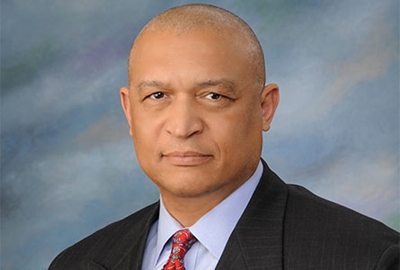I admire how the writers balanced Spock's logic off Kirk's emotional human side to show the complexity of how decisions are formed. Yet, I question whether it is realistic, in real life, to maintain a sense of skepticism across all audits, large and small, without a structured approach. There are at least two huge challenges to maintaining skepticism long-term.
1. Hard Work
The literal definition of skepticism is an active process of "inquiring" and "reflection" — processes that suggest questioning, careful observation, probing reflection, and suspension of belief. Sounds like an audit, doesn't it? Skepticism is not just words, or a consideration in an audit, it is a process of discovery of the unknown.
Ancient philosophical skeptics evolved into two branches. One branch denied all possibility of knowledge or certainty. The second branch advocated suspension of judgment until sufficient evidence is found. No matter the obvious challenge of defining skepticism, if the process becomes too bureaucratic, the rigor of audit skepticism will wane over time.
2. Heuristic Risk - Judgment
Behavioral risk literature often promotes popular theoretical anecdotes for change, but to paraphrase the father of behavioral science, Dan Kahneman: "An increase in awareness of biases has not been transformative in behavioral change."
The second challenge to sustainable skepticism is the fluidity of judgment in complex organizations. Questions about risk include issues of value and assigned probabilities that can change as the organization evolves. One high-flying division may enjoy great influence while others may experience more scrutiny.
Maintaining skepticism also will require being responsive during periods of rapid change. But that begs the question: How does internal audit anticipate and prepare for change in judgment posture?
These are just examples of the questions auditors should consider when thinking about skepticism. One suggestion to create sustainable auditor skepticism is to not rely solely on individual judgment. Questionable or borderline financial engineering or risk-taking require consultation to maintain the appropriate balance.
Finding Balance in Skepticism
I have found that developing a process to deal with tough subjects is more effective when diverse leadership is involved and a commitment to transparency exists. In the event of an issue, a discovery process should be available to management to ensure consistency, impartiality, and balance in presenting all sides.
Ground rules for operationalizing skepticism should consider the need for training, risk assessment tools, and senior-level engagement. Many organizations currently have processes to address skepticism for run-of-the-mill issues. For more challenging and complex issues, a team effort is required to build institutional learning and consensus that ensures the right balance.
Transparent processes also require appropriate levels of confidentiality. The process for vetting questionable practices should not become a punitive one but one of discovery and best practice that leads to better outcomes.
I hope this post helps organizations that have begun to discuss how to build sustainable processes that evolve with their business.
James Bone is executive director of GRCIndex and principal investigator at the Cognitive Risk Institute in Lincoln, R.I.



